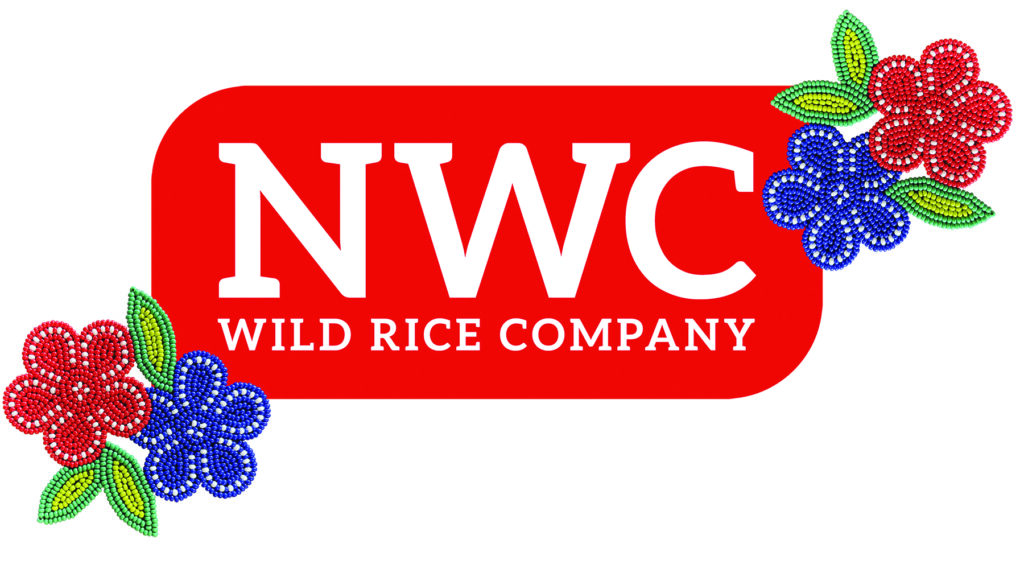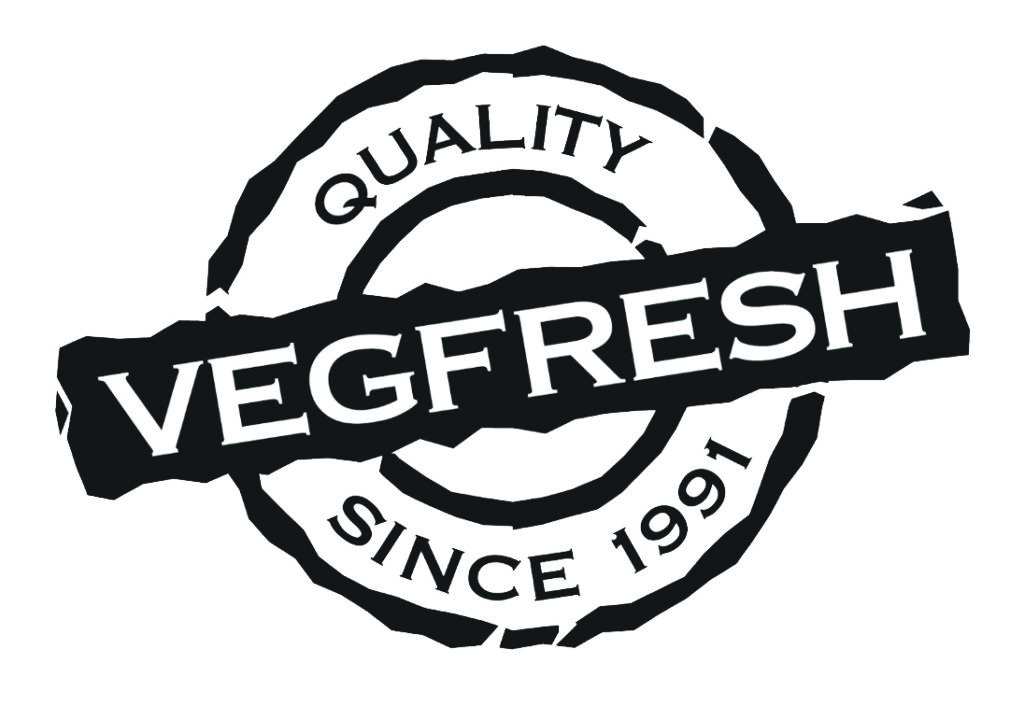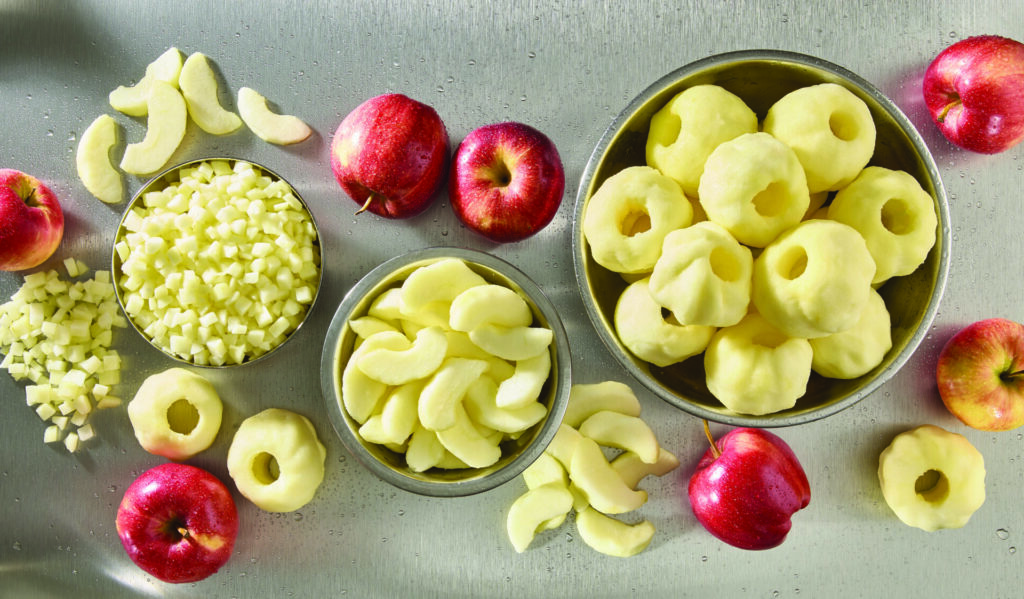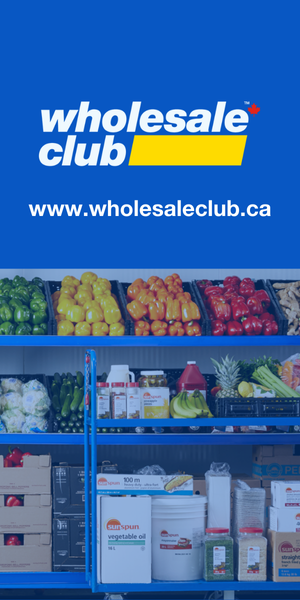Cultivating Prosperity

FCC is Doubling Down on Empowering Food Entrepreneurs & the Canadian Food Economy


In the current economic climate, Canadian food entrepreneurs seeking financing for growth are grappling with several new and significant challenges. The sector has been hit hard, facing ongoing supply chain disruptions, inflation, and fluctuating consumer demand. These factors have added further strain to an unpredictable financial landscape, making traditional lending institutions more cautious and selective, a stance that has had a dampening effect on the innovation the sector so badly needs to accelerate out of the shadow of the pandemic and its aftermath.
Rising food costs and labour shortages have compounded these difficulties, squeezing profit margins and increasing operational costs. As a result, sector innovators are finding it harder to meet the stringent credit requirements set by banks and other financial institutions. The need for continuous innovation and adaptation to meet evolving consumer preferences must be met by investment in technology and infrastructure.
To navigate these challenges, entrepreneurs need financial partners that understand the seasonal ins and outs of the industry, and institutions like Farm Credit Canada (FCC) are providing creative lending solutions for the sector. As a Crown corporation that is 100 per cent invested in Canadian agriculture and food, FCC is a well-known ally of the agriculture industry and is increasingly verging into the F&B innovation lane. FCC provides flexible financing and capital solutions, while creating value through data, knowledge, relationships and expertise. FCC offers a complement of financial and non-financial products and services designed to support the complex and evolving needs of the food industry.
“We only focus on agriculture and food,” Clinton Buttar, Ontario Vice President Commercial and Small Business at FCC clarifies. “We were created in 1959 because the federal government at the time saw that the big banks weren’t lending money into agriculture due to the perceived risks. They knew agriculture and food had to be a sustainable industry, so they created FCC. We’re a financial institution that lends money into agriculture and food and beverage agri-business, which makes us extremely unique and specialized. Our focus makes us experts, but it also allows us to offer resources that respond to the realities and cycles of the industry—we know the markets and we know what’s going on in the sector, which gives us the ability to come in earlier to work with customers, lend money and also stay invested in agriculture and food through all types of business cycles. Some people would say it is limiting but we see it as a massive opportunity.”
Evaluating risk through a different, nuanced lens and a food-forward mandate.
Buttar explains that, while FCC does not provide lending for restaurants per se, they are able to work with operators ready to scale into retail production. “If a restaurant has a sauce, a salad dressing or a gourmet bread they’re known for and they want to get into production at bulk levels, we can finance every step of that process, from manufacturing to packaging to shipping.”
Thanks, in part, to their long history working with farmers, FCC works as an industry knowledge and financial partner. FCC prioritizes relationships and sees the benefit of getting in early and staying with their clients as they grow and expand. They also have the freedom to look at clients through a different lens. “As a Crown corporation, we’re a little bit different than traditional banks, Buttar explains. “Profitability is important, but our number one mandate, is ensuring sustainable food systems in Canada. Almost every business decision we make revolves around that idea.”
According to Bob Daniels, National Vice President Commercial and Small Business, just like its customers, the organization has evolved over time. “In the farm world, it’s all about sitting down at the kitchen table and getting to know the family and where they want to go, and we take that same approach with food producers. We get to know who they are and develop a strong understanding of their business. We know the sector better than any lender, so when they come up against challenges and tougher times, we understand what they’re going through, and they know they can count on us. We trust them, and they trust us. That relationship is what allows us to take the business further and sometimes even take a bit more risk than some institutions would be willing to take.”
At the beginning of 2023, FCC welcomed President and CEO Justine Hendricks, who wants to see opportunities for Canadian food to grow beyond our borders. “What I love about the way she thinks is the idea that FCC can help to grow the positive impact of Canadian food on not only the Canadian economy, but across the world,” Daniels says. “We have incredible technologies and incredible food to offer the world. We’re here to help Canadian producers and food businesses grow to reach that potential.”
Enhanced advisory services.
FCC’s end goal is to amplify the collective output of all Canadian ag, agribusiness and food and beverage customers, positioning itself as a unique partner, catalyst and champion in the industry. Rather than focusing on individual transactions, their role is to foster a collaborative ecosystem where the success of each customer contributes to the broader agricultural landscape of Canada. This holistic approach allows and, in some ways, requires them to offer more than just financial products; they provide comprehensive support that includes expert advice, innovative financial solutions, and research.
This wraparound service model is an invaluable resource and advantage for F&B innovators. By drawing on FCC’s deep understanding of market trends, consumer behaviour, and the latest technological advancements, their customers can advance projects quickly, gain a strategic edge, and benefit from lessons learned by others. “We partnered with a customer recently who was looking into the possibility of expanding outside of Canada,” Daniels recalls. “We were able to provide the kind of information, reports, and market research that will save them a lot of time and money. We were even able to connect him with farmers who are growing the particular product he wants to use and help negotiate some of their contracts. These are the kinds of connections we love to make.”
Buttar points out that because FCC works with a very focused group of industries within the food and beverage sector, it’s natural for their team to amass a wealth of interconnected knowledge, from cold storage to wineries to commercial bakeries to food processing. “You start to get a sense of what works and what doesn’t,” he says. “So, while you’re not the decision-maker in terms of whether they’ll ultimately proceed with a plan, you can have very informative conversations and help add a lot of value.
What’s next in Canadian food innovation.
The national role they play in funding growth gives FCC a unique vantage point on the innovation priorities and opportunities for the food and beverage sector. As automation, AI and other technologies move into the forefront of many industries, FCC is working to help accelerate the growth and distribution of Canadian-made food and agriculture innovations and technologies from one province to another.
Daniels also points out that “desirability” is moving up the list of emerging trends in food. “People want Canadian product so bad,” says Daniels. “Canadian products have a great reputation, and there’s a role we can play to bring that to the sector. We want to be everywhere—not from a lending standpoint, but from making our country’s food system known.”
“We work hard to avoid picking the hot topic of the day,” says Buttar. “We don’t want to just put six or 12 months into an idea, a sector or a community, then check a box and move on. We establish a focus and stick with it to try and create lasting impact. For example, several years ago in line with the federal government, we realized we weren’t doing enough to help grow and build resilience in Indigenous communities’ food systems. We started down this road with intent a number of years ago and we’re starting to have good traction. There’s so much opportunity in the food and beverage space for young entrepreneurs from visible minority groups, women and rural communities. Leaning into those opportunities and clearing the path forward for new entrepreneurs is a real part of our focus and the future of food in Canada. And, if we don’t deliver on these aspects of the business, then we’re not delivering on our mandate to grow, diversify, and serve the sector.” “We can work with companies for different reasons,” Buttar points out. “We can prioritize underrepresented communities, start-ups or businesses with strong sustainability practices. We can incentivize businesses that already have strong sustainability practices to do even better. We can incentivize others to develop new practices, become more socially and environmentally responsible or invest in automation so their staff can be reallocated to other, more desirable areas of their business. So, there’s a human, an environmental and a social sustainability aspect to all of this, and it’s a huge part of the direction of where we’re headed. That’s exciting for our customers and the industry.”

NWC Wild Rice | Saskatoon, Saskatchewan
In the vast and untamed wilderness of northern Saskatchewan, a unique and precious crop thrives under the care of those who understand it best. Wild rice, Canada’s only native cereal, is a true grass which produces a grain that has nourished the First Nations and Métis (Indigenous) people for millennia. This wild grass brings together centuries-old tradition and a modern economics.
Saskatchewan is the largest harvester of wild rice in Canada. Each year, as the snow melts and the rivers begin to flow, skilled harvesters journey to the remote streams and bays of northern Saskatchewan to check on their wild rice fields, tending them over the summer months until August or early September when they reap their reward. This labour-intensive process demands not only physical stamina but also a deep knowledge that is often passed down through generations.
NWC Wild Rice, a subsidiary of North West Communities Wood Products Ltd., is a wholly Indigenous-owned buying company for the regional rice harvest that began in 2019. It works on behalf of its shareholder communities—Green Lake, Île à la Crosse, Beauval, Buffalo Narrows, Patuanak, Pinehouse, and La Loche—to stabilize and optimize the value of the commodity. “Historically, buyers used to just come into the region, buy up all the wild rice and then leave,” explains Celine Favreau, North West Communities Wood Products Ltd. CEO. “There was never a local buyer. The region grows a substantial amount of wild rice, and it’s a traditional, multi-generational business. It’s a very valuable business and over the last five years, we’ve injected $2.5 million into the local economy, directly into the hands of local harvesters.”

NWC Wild Rice operates amidst seasonal highs and lows like any agricultural business, and its annual performance relies on weather and particularly delicate environmental conditions, which make it difficult to predict the crop yield. Favreau recalls, “Since 2019, we’ve learned a lot. Before we got into the business, the wild rice of Northern Canada had been pulled into the commodities market, when the U.S. started growing wild rice as paddy rice. Our goal is to target a more sophisticated buyer. We’ve worked with the harvesters to certify the product. They sign organic plans at the beginning of the season if they intend to deliver to our stations. We’re engaging them in the industry, and we now have over 1,000 customers across Canada, including chefs and Indigenous communities. We’re now looking at rebranding to really hone in on customers who are right for us and who appreciate this product for what it is.”
NWC Wild Rice has worked with FCC since the early days as their largest financing partner. They help the company manage seasonal cash flow, lending the funds needed to purchase the company’s wild rice inventory, working through the embedded complexity of uncertain crop yields and market fluctuations. “They’ve really cared,” says Favreau. “They phone regularly just to see how we’re doing and if there’s anything they can help with. Last year was our first bumper crop. When I look at our numbers in our first year, our yield was 71,000 pounds, and the next year was just 22,000 pounds. In 2023, it was 250,000 pounds. Even though we hadn’t sold our total inventory from 2022, FCC doubled our 2023 loan, but we still had to leave rice in the fields because other potential loan partners didn’t understand our business and back inventory, and felt the risk was too great. We had a buyer that year, but the deal was cancelled just as we headed into the summer of 2023.”
FCC supports its customers by offering access to a variety of beneficial programs, which NWC Wild Rice takes advantage of. “We’re working with advisors who are helping us gain greater knowledge of different distribution systems, like Amazon,” Favreau shares. “We’re also in the midst of a full pricing project and looking into the potential of international markets.”
Favreau recalls attending the last year’s FCC Food & Beverage Summit where the NWC Wild Rice team was able to connect with other agri-businesses to share experiences and growth ideas, noting that FCC brought the event to Saskatoon to make it easy for Saskatchewan companies to attend. Initially, NWC Wild Rice had been focused on opening a processing plant, but their perspective has evolved as a consequence of learning through the connections and conversations they’ve had, many of which have been with or facilitated by FCC. “We’ve learned more about moving through the food industry, and now we’re looking at tracing our product back to the lake where it was grown, possibly doing some hand batches the traditional way, and we’ve also started to look at some value-added processing like popped wild rice.”
FCC brought NWC Wild Rice to RC Show in Toronto this year, and the size of the company’s rice kernels was a surprise to many. They were able to meet with Costco at the show and are now having conversations about retail possibilities for this year’s holiday season. “We have the inventory to take advantage of opportunities now,” says Favreau. “FCC’s patience, respect and understanding have been amazing, and getting to go to RC Show was the opportunity of a lifetime.”
**Use Promo Code WildRice15 and 15% off your order here: https://nwcwildrice.ca/shop-main/

VegFresh Inc. | Toronto, Ontario
Vegfresh is celebrating 34 years of business this year. Like most food processors, the company’s journey to becoming one of Canada’s largest fruit and vegetable processors was not a straightforward path. Serving the foodservice, food manufacturing, baking, and retail sectors, Vegfresh offers a diverse portfolio of over 100 products, including potatoes, carrots, onions, apples, bananas, lemons, and oranges. Their state-of-the-art, 55,000 square foot facility enables them to provide custom-tailored processing solutions with just-in-time manufacturing—a delicate balance.
As Vegfresh expanded its reach and product offerings over the years, the company recognized the critical need for a financial partner that understands the unique seasonal cadence of the food industry and could provide tailored financial solutions to ensure seamless operations throughout the year.
“I’ve found that it’s extremely important in this business to deal with partners who share a common goal and vision and who understand your business,” says Vegfresh President Mike Sangiorgio. “Pardon the pun, but the food business really is feast or famine, and many people don’t understand it. If you’re only looking at the debits and credits, you can’t grasp the vision of a company or understand what it’s capable of doing.”
Sangiorgio shares that, due to factors like raw material costs and the cyclical nature of the business, Vegfresh has occasionally struggled to demonstrate the consistency and stability conventional financial institutions need. During the harvest, the company generally does well, but managing cash flow during the off-season or unforeseen product shortages can introduce risks that make lenders uncomfortable or put businesses offside their agreements.

Material costs depend on the growing season, crop yield, and transportation, yet Vegfresh needs to offer price stability to maintain long-term customers. “Throughout the years, when the pricing of raw material went through the roof, we couldn’t adjust our price even though factors were outside our control. I switched from conventional banking to FCC 19 years ago because they focus on the agricultural industry and really understand the business. They recognized our worth and that we wouldn’t always grow in a straight line.We have years when we’re doing really well and then we’ll struggle for a few months, like the year the apple crop in Collingwood, Ontario was decimated, and we only got 10 percent of the expected yield. We had to source product from Washington.”
A major factor in Vegfresh’s ability to navigate these challenges has been its dedicated management team. Their strategic leadership and deep industry knowledge have been instrumental in steering the company through the complexities of the agricultural sector. From managing the volatility of raw material costs to ensuring continuous cash flow, the management team has played a crucial role in maintaining Vegfresh’s stability and growth.
Another challenge in the agri-food business lies in managing and valuing production, storage, and processing. In the fall, apples, potatoes, onions, and carrots are harvested and stored, with Vegfresh having to pay for the apples when they go into storage. Conventional institutions typically view this practice as overstock, with the additional risk of the stock spoiling before it’s sold. “We actually take those apples as an asset,” Sangiorgio explains. “But what is a bank going to do with $1.5 million in apples? FCC is able to see those apples as a true asset, like any other raw material.”
As a federal Crown corporation, FCC reports directly to the Minister of Agriculture and Agri-Food, highlighting its unique accountability and deep roots in Canadian food. Over the years, they have expanded their interest and investment to cover the entire food chain.
“FCC is interested in every aspect of my business,” says Mike. “They’re interested in my machinery, my people, my facility. FCC visits my facility to see our plant and new equipment, makes recommendations and connects us with other customers and farmers. They’re committed to building the business and show us that they care, going above and beyond what any regular financial institution can do for us. We also have a great bank for mainstream financing—and FCC was instrumental in bringing us to that bank and its agricultural division.”









